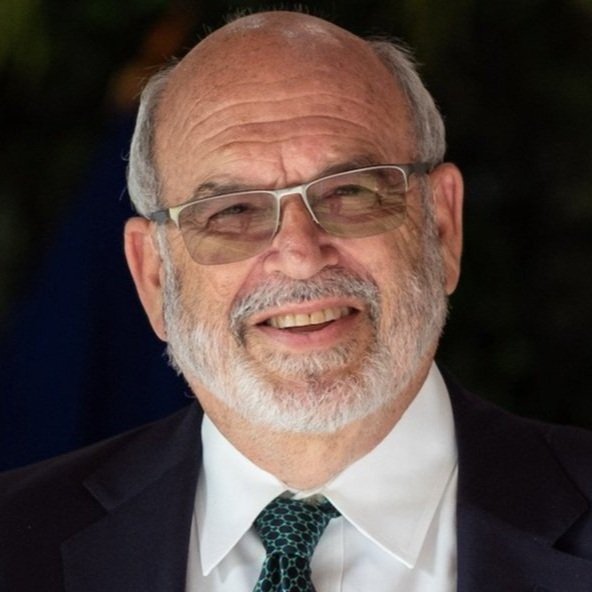Roadmap to Reduce Animal Testing – The EU Talks, the US Acts!
The European Union has embarked on a comprehensive process to phase out animal testing for chemical safety, engaging stakeholders across numerous consultations and workshops, though final implementation remains years away. In contrast, the United States Food and Drug Administration has unveiled a clear and ambitious roadmap to rapidly reduce animal testing, centered on validated New Approach Methodologies such as organ-on-chip and advanced computational models. These regulatory developments underscore a global shift toward innovative, human-relevant safety testing methods and signal important changes for pharmaceutical regulation worldwide.
Framing public research investment decisions for the policy community
The human rights case can be made for Open Science – this has been made clear by the Committee on Economic, Social and Cultural Rights in its General Comment No. 25 on science and economic, social, and cultural rights. In this this much-awaited interpretation of the so-called right to science under Art. 15 of the International Covenant on Economic, Social and Cultural Rights (ICESCR), the Committee made clear that Open Science forms part of the right to science in the digital era. Released during the Covid-19 pandemic, the timing could not have been better, for the pandemic not only illustrated in unprecedented ways the importance of science in today’s world, but also the advantages of open research practices in speeding up scientific discovery. Yet, does this legal development mean that access to scientific data and content can now be enforced before courts via the right to science? A closer look reveals that important hurdles in claiming Open Science via the right to science remain. In this short contribution, our aim is to highlight some selected challenges of implementing and adjudicating open research practices via the right to science.
Recommendations for the EU roadmap to accelerate the transition towards phasing out animal testing for chemical safety assessments
Animal testing has long been a controversial issue in the European Union (EU), with growing public concern over the ethical and scientific limitations of relying on animal models for chemical safety assessments. Despite being seen as a “gold standard” in research and safety assessment, animal studies have limited applicability to human health, and are difficult to replicate due to poor reporting procedures and large variability.
Why policymakers should pay more attention to public health
In democratic societies, policymakers and technocrats are entrusted with promoting the well-being of the public they serve. Despite the consensus that public health is an essential component of social well-being, investments in this area are often seen sidelined in favor of other sectors reflecting a fragmented approach to policymaking.
Science and science systems: beyond semantics
There is an essential distinction that needs to be made between science and science systems. It may seem semantic, but it is not. When we conflate these words, we risk undermining the place of science. We live in a world where trust in science appears less certain, where science denial has become an ideological badge, where science is undermined by disinformation. Its position relative to other knowledge systems can be questioned and debated.
Frontiers Policy Labs at Euroscience Open Forum (ESOF) 2022
Frontiers Policy Labs participated in Euroscience Open Forum 2022, the largest biennial interdisciplinary meeting on science and innovation in Europe, for and with society.
Hearing our policymakers’ expectations (HOPE)
Frontiers Policy Labs asked prominent policymakers what they most need from scientists, and how they could most effectively assimilate scientific information. Please see the insights Kerri-Ann Jones shared with us.
Hearing Our Policymakers’ Expectations (HOPE)
Frontiers Policy Labs asked prominent policymakers what they most need from scientists, and how they could most effectively assimilate scientific information. Please see the insights Anne Bucher shared with us.
Hearing Our Policymakers’ Expectations (HOPE)
Given the unprecedented times and the need to lay foundations for the new, post-COVID world, we are asking prominent policymakers what they most need from scientists, and how they could most effectively assimilate scientific information. This knowledge will enable us to develop insightful and actionable material for Policy Labs, which will lead to further science-based policy reforms.
The missing link of science in policy – 1M scientists and 100M hours could be part of the answer
If one million scientists (approximately 10% of the world’s active science population in public service) committed two hours per week to science engagement with and for society (about 5% of their working time), this would create approximately 100 million hours/year dedicated to achieving science that engages meaningfully with policy and global decision makers. Those hours could catalyse a global butterfly effect that could carry into the future.
Science at the table of policy
The COVID-19 pandemic, according to Morgan, has demonstrated that science can successfully contribute to policymaking during a crisis. However, there are several challenges still to face if science is to become a standard part of public policy, “not just when there’s a crisis, but as a culture.” To assure a place for science “at the table, rather than on tap”, Morgan believes that a broad, interdisciplinary approach is required, bringing together individuals with a variety of tools and skillsets.












